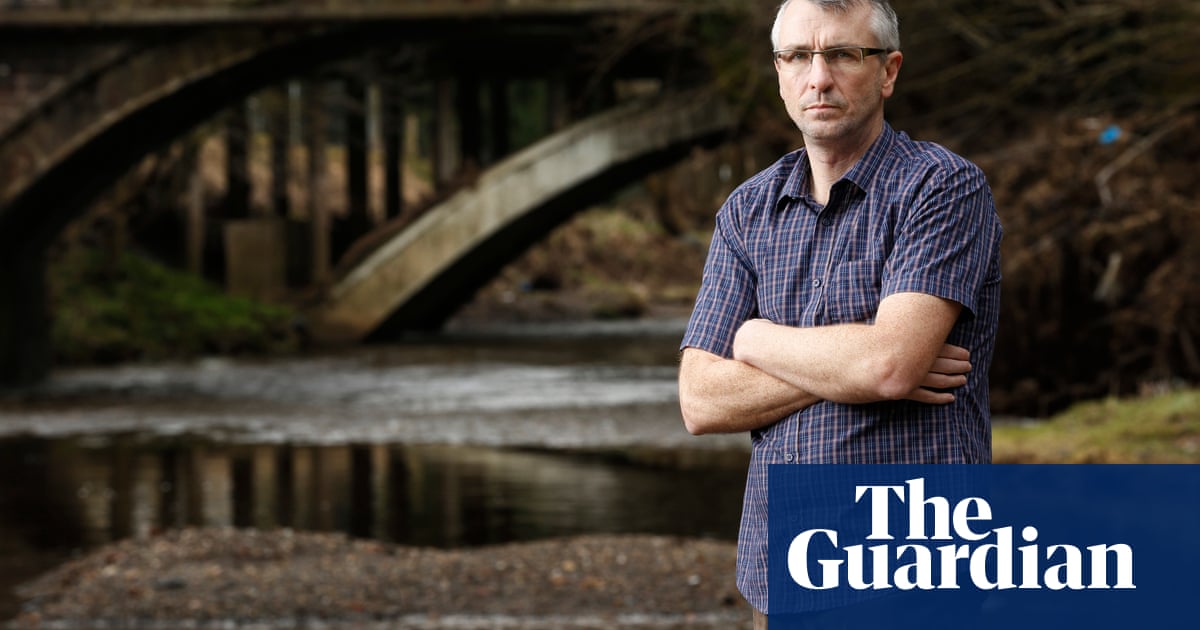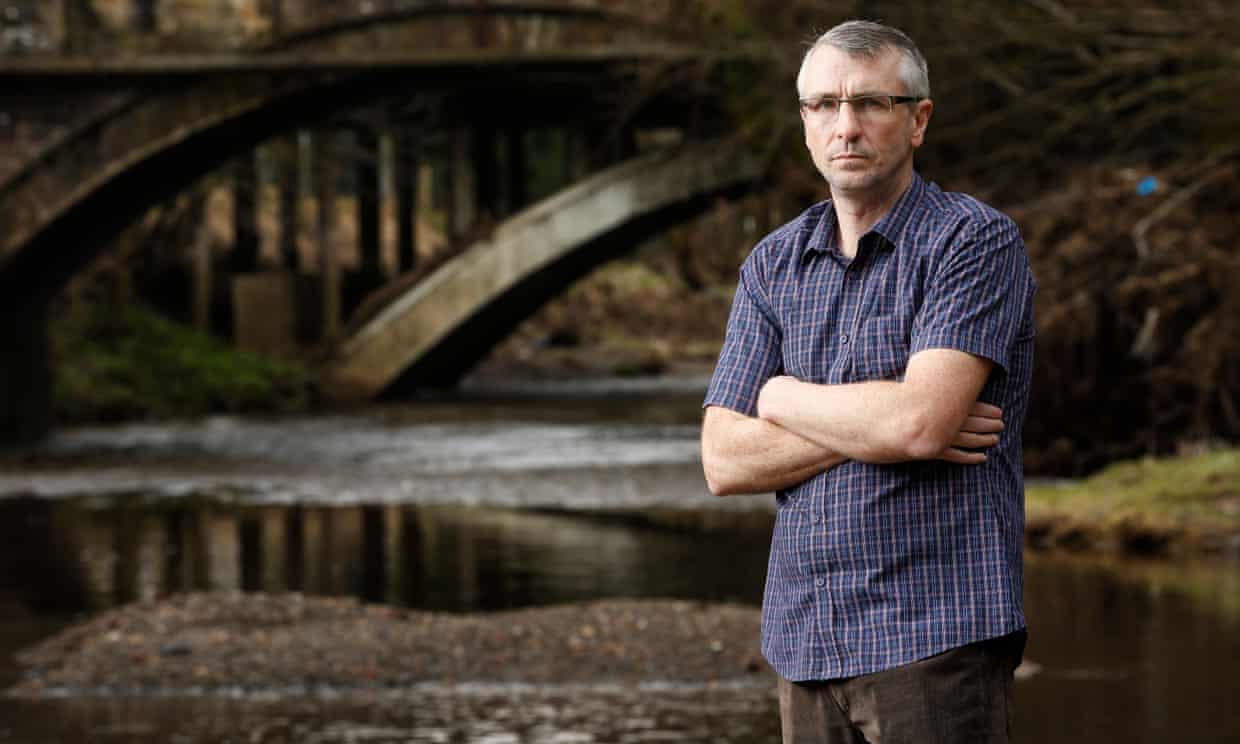Glasgow activist risks arrest to set up drug consumption room in a van


A community activist will risk arrest to set up a safe injecting facility in the back of a van for addicts in Glasgow, in a desperate attempt to break the political deadlock around drug consumption rooms.
Peter Krykant has already raised over £2,000 within days of announcing his plan to purchase a vehicle and customise it as a mobile safer-injecting suite. It will offer clean water, needles and swabs, as well as supplies of naloxone, the potentially life-saving drug that reverses the effects of opioid overdose, as a means of combating the soaring drug deaths and HIV infection rates across the city. While similar set-ups have been credited with saving lives around the world, it remains illegal to facilitate drug use in this way in the UK.
Krykant launched his fundraising appeal last week after his building frustration at political inertia over Scotland’s escalating drug deaths was compounded by the lacklustre government summits that took place in Glasgow last week, at which the UK crime minister, Kit Malthouse, described drug consumption rooms as “a distraction”.
Glasgow city council, backed by the Scottish government, has been calling for legal powers to pilot such a scheme for years, but with drug laws reserved to Westminster, the Home Office has consistently dismissed the proposal.
Krykant explained: “The conferences were the final straw, and the fact that it is being used as a political football. Both governments are guilty; the UK is saying it’s just not going to happen, and the Scottish government is making it sound like a silver bullet and all the fault of Westminster.
“I accept that much more needs to be done for addicts – people coming to a drug consumption room need onward referrals and access to opiate substitution treatment or rehab beds – but we’ve got to start somewhere.
“People who use drugs like heroin are injecting in squalid conditions in alleyways and parks, there’s a risk to public with injecting equipment strewn everywhere, and an ongoing HIV outbreak amongst addicts. We are trying to provide a safe place for people to come, but also give them an opportunity to engage with outreach workers, who can give wound care, harm reduction advice or referrals to other services.”
Krykant’s original Just Giving page was shut down because it breached the site’s regulations, but donations are continuing to flood in via a new PayPal page. Following publicity around his plans to challenge the law, he lost his job with an HIV outreach charity, but Krykant, himself a recovered addict, remains undeterred.
“What we’re talking about is against the law, but I am prepared to take that risk. If it means I have to be arrested for providing an internationally recognised, evidence-based approach to help people stay alive, so be it.”
Police Scotland’s Greater Glasgow division recently committed to supporting a public health approach to tackling drug-related deaths, and a number of senior figures have indicated their support for a legal consumption room.
Krykant’s civil disobedience has also been publicly backed by Brian Casey, the campaigning Church of Scotland minister who spoke passionately at the UK summit last week about the escalating numbers of drug-related funerals he conducts in his north Glasgow church, and has now written to the police and Crown Office calling for an amnesty for those “trying their best to plug a gap the state should have covered”.
Casey has pledged to volunteer at the van, as has the former Labour MP Paul Sweeney, whose constituency included Casey’s parish.
Karyn McCluskey, co-founder of Glasgow’s renowned Violence Reduction unit and now head of Community Justice Scotland, this week visited Copenhagen in Denmark, where five drug consumption rooms support thousands of users. This harm prevention work began with a mobile van like the one proposed by Krykant.
McCluskey says that, while she cannot support someone breaking the law, she believes strongly that the UK and Scottish governments should find common cause over a pilot DCR. “This is not just a Scottish issue, it’s UK-wide. We need to keep people alive before we can get them into recovery. We won’t get it right the first time, and we need to involve those we want to help in their development, but we can’t be still sitting here in a year’s time saying, ‘We really must do something.’”
 Pathways Drug Rehabilitation Luxury Addiction Treatment & Detox Center
Pathways Drug Rehabilitation Luxury Addiction Treatment & Detox Center


